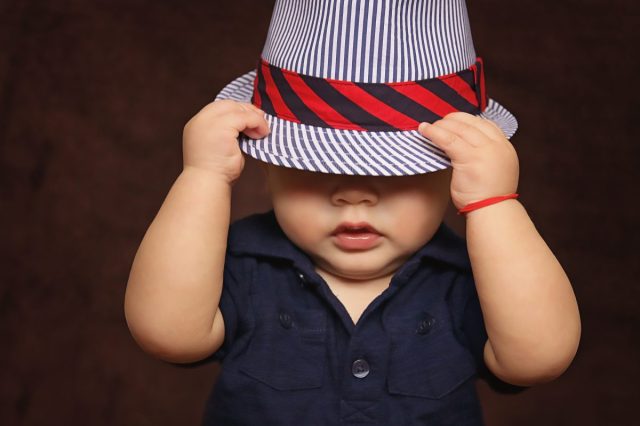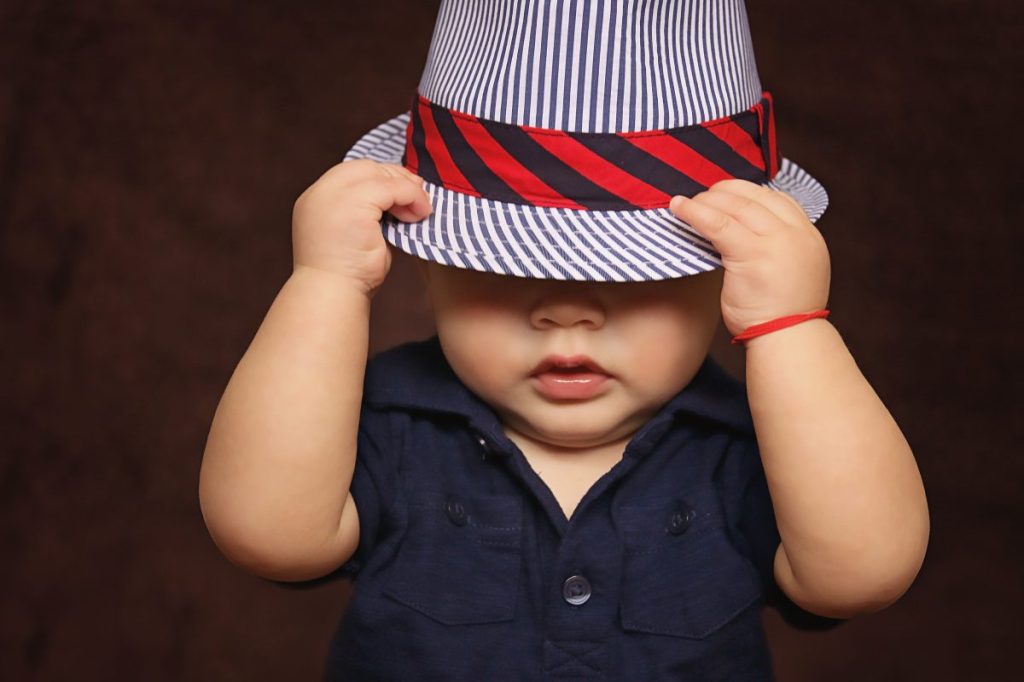Researchers from the University of South Australia recently published a new paper linking sleep to the developing teen’s mental health—even though this factor is often overlooked.
Between SnapChat, IG, TikTok and everything else that keeps your teen awake at night, it’s easy to see why adolescents don’t get as much sleep as they should. University of South Australia sleep experts Dr. Alex Agostini and Dr. Stephanie Centofanti looked at how sleep (or lack of it) affects the teen’s behavior and overall mental health, including the likelihood of developing anxiety and depression or engaging in risky activities.

photo: Keira Burton via Pexels
According to Dr. Agostini, “Getting enough sleep is important for all of us—it helps our physical and mental health, boosts our immunity, and ensures we can function well on a daily basis.” Agostini continued, “But for teenagers, sleep is especially critical because they’re at an age where they’re going through a whole range of physical, social, and developmental changes, all of which depend on enough sleep.”
The sleep researcher also added, “Research shows that teenagers need at least eight hours of sleep each night. Without this, they’re less able to deal with stressors, such as bullying or social pressures, and run the risk of developing behavioral problems, as well as anxiety and depression.”
Agostini also noted, “If sleep drops to less than six hours a night, research shows that teens are twice as likely to engage in risky behaviours such as dangerous driving, marijuana, alcohol or tobacco use, risky sexual behaviour, and other aggressive or harmful activities.”
When it comes to factors that contribute to sleep loss, Dr. Centofanti said, “Teens spend a lot of time on devices, whether it’s texting friends, playing games, or watching videos, using technology late into the night is one of the most common disruptors of good sleep. Overuse of technology can also contribute to mental health issues likely to increase anxiety.” Centofanti continued, “To make a real difference to teenage mental health, both parents and medical practitioners must understand how sleep can affect mental health in teenagers.”
—Erica Loop
RELATED STORIES
Here’s How to Keep Your Kids Safe on TikTok
Simple Things to Do Every Day That Actually Help You Stay Healthy
Study Finds That Kids Who Watch Too Much TV Cause Parents More of *This*














